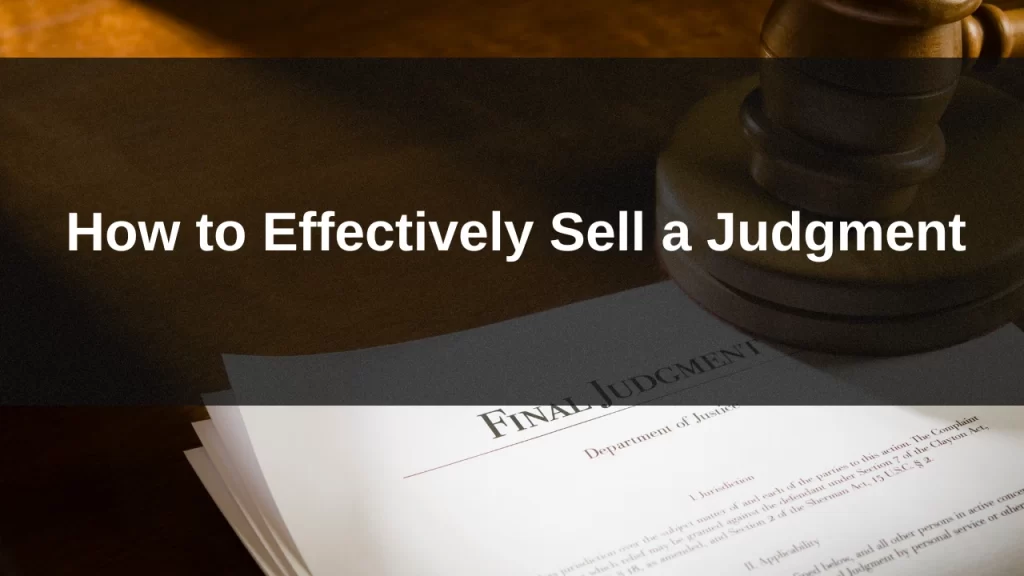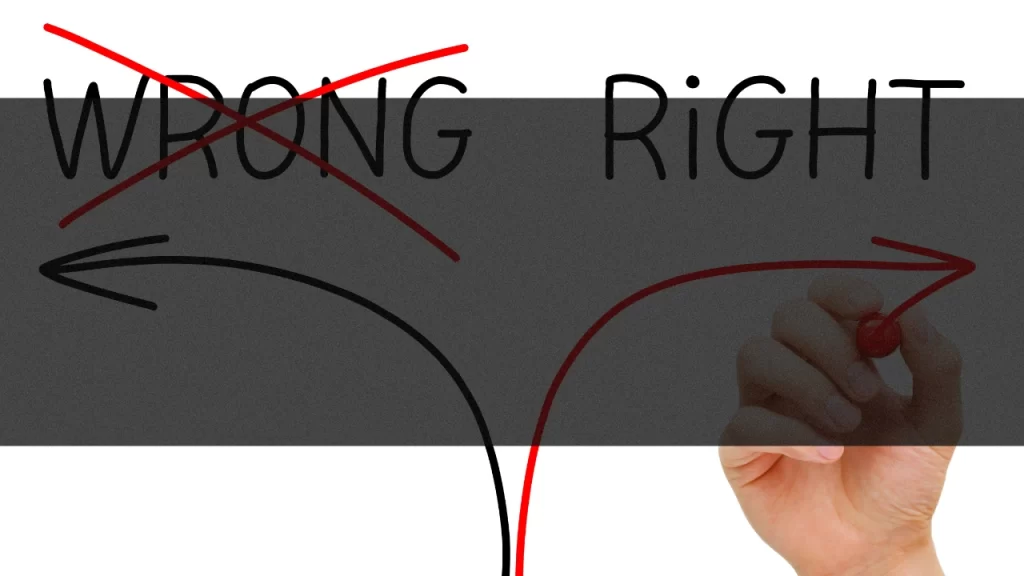Sell Judgement to Collection Agencies
Selling a court judgment can be a strategic move for creditors. It offers a way to convert a legal win into immediate cash. This process involves transferring the right to collect a debt to a collection agency.
Collection agencies have the expertise and resources to pursue debtors effectively. They often purchase judgments at a discount, providing liquidity to the original creditor.
Understanding the judgment sale process is crucial for a successful transaction. Not all judgments are eligible for sale, and various factors can affect their marketability.
Choosing the right collection agency is essential. It ensures a fair deal and maximizes the potential recovery.
This guide will explore the benefits and steps involved in selling a judgment. It will help you navigate the process with confidence.
What Does It Mean to Sell a Judgment?
Selling a judgment means transferring your right to collect a debt to someone else. Typically, this buyer is a collection agency specializing in recovering unpaid debts. This transaction turns your court win into cash, even if it is at a discounted rate.
There are several key points to understand:
- You gain immediate liquidity from the sale.
- You eliminate the hassle of pursuing debt collection yourself.
- The collection agency takes over all efforts to collect the debt.
By selling a judgment, you also offload the risk associated with collecting the debt. The process can be efficient, freeing up your time and resources.
Can You Sell Your Judgment? Key Considerations
Selling your judgment is possible, but there are vital factors to consider. Not all judgments are marketable or attractive to buyers. Certain criteria must be met to improve sale potential.
First, evaluate the debtor’s financial situation. A debtor with stable income or assets is more appealing. Next, consider the age of the judgment. Older judgments may have less value.
Here are key considerations:
- Debtor’s ability to pay
- Age and size of the judgment
- Legal conditions tied to the judgment
Understanding these factors helps determine your judgment’s marketability. It also aids in setting realistic expectations for the sale. Careful evaluation ensures a smoother selling experience.
How the Judgment Sale Process Works
The judgment sale process involves transferring collection rights. The original creditor sells their right to collect the debt. This process begins with evaluating the judgment.
The next step is finding a suitable buyer, usually a collection agency. The agency will assess the judgment’s value before making an offer. Both parties negotiate terms based on this assessment.
Upon agreement, legal documents are prepared. These documents formalize the transfer of collection rights. It’s crucial to ensure all paperwork is accurate and complete.
The basic steps in the process include:
- Reviewing the judgment
- Finding and negotiating with a buyer
- Signing legal transfer documents
After the sale, the collection agency pursues the debtor. They use their resources to maximize recovery. This relieves the original creditor of collection duties and potential hassles.
Understanding this process helps creditors make informed decisions. A clear grasp ensures readiness for the necessary steps.
Benefits of Selling a Judgment to a Collection Agency
Selling a judgment offers immediate benefits. One of the biggest advantages is gaining quick cash flow. This is especially helpful for creditors needing immediate funds.
Another key benefit is reducing stress and effort. Collecting a debt can be time-consuming and frustrating. By selling the judgment, creditors avoid these challenges.
Additionally, collection agencies possess expertise and resources. They are skilled at recovering debts more effectively. This increases the chances of successful recovery.
Key benefits include:
- Immediate cash flow
- Reduction in time and effort
- Access to professional recovery services
These advantages make selling judgments an attractive option. It simplifies the process and enhances financial stability.
Factors That Affect the Value of Your Judgment
The value of your judgment can vary widely. Several factors influence how much you might receive. Understanding these can help you make informed decisions.
First, consider the debtor’s financial status. If the debtor lacks assets, the judgment might be less appealing. Agencies prefer judgments with collectible debts.
Second, the age of your judgment matters. Older judgments often lose value over time. Fresh judgments tend to garner better offers.
Here’s a quick list of influential factors:
- Debtor’s financial situation
- Age of the judgment
- Jurisdiction rules

These elements determine the marketability of your judgment. Knowing them can enhance your negotiation power. Aim for a fair deal by evaluating each factor.
How to Find and Choose a Collection Agency
Selecting the right collection agency requires careful research. Start by identifying agencies that specialize in purchasing judgments. A specialized agency will have the expertise to handle your needs efficiently.
Check each agency’s credentials and track record. A reputable agency will have a proven history of successful collections. Look for reviews or testimonials from previous clients as part of your evaluation.
Key steps in choosing an agency include:
- Verifying the agency’s licensing
- Evaluating their collection success rate
- Comparing fee structures

Ultimately, your goal is to find a trustworthy partner. This decision can greatly impact the financial outcome of selling your judgment. Choosing wisely ensures that the transaction goes smoothly.
Legal Steps and Documentation Required
Selling a judgment involves specific legal steps. Proper documentation is crucial to ensure the transaction is valid and enforceable. Engaging an attorney can aid in navigating these processes smoothly.
The primary document needed is an assignment of judgment. This legal document transfers the debt collection rights from you to the collection agency. It is essential that this transfer is clear and undisputed.
Key documents and steps involved include:
- Assignment of judgment
- Proof of the original court order
- Contracts outlining terms of the sale
Ensure all paperwork is thoroughly completed. This reduces the risk of future disputes and protects your interests. Taking these steps seriously establishes a firm legal foundation for the sale.
Common Questions About Selling Judgments
Many people wonder if selling their judgment guarantees full payment. Unfortunately, it does not. Selling a judgment often means accepting less than its full value.
Another common question is whether all judgments are sellable. Not all qualify for sale. Factors such as age and debtor’s financial stability impact eligibility.
Key questions include:
- “Can I sell my judgment?”
- “How much can I expect to receive?”
- “What if the debtor files for bankruptcy?”
These common queries reflect the complexity of judgment sales. Understanding them can help you decide if selling your judgment is right for you.
Final Tips for a Smooth Judgment Sale
To ensure a seamless judgment sale, preparation is key. Gather all pertinent documents and details before contacting an agency. This includes the original judgment, any collection efforts, and debtor information.
When negotiating, clarify the terms to prevent misunderstandings later. Here are some final tips:
- Verify the agency’s reputation.
- Seek legal advice if uncertain.
- Compare offers from multiple agencies.
Taking these steps can simplify the sale and enhance your outcome. Awareness and diligence are your allies in this process.






